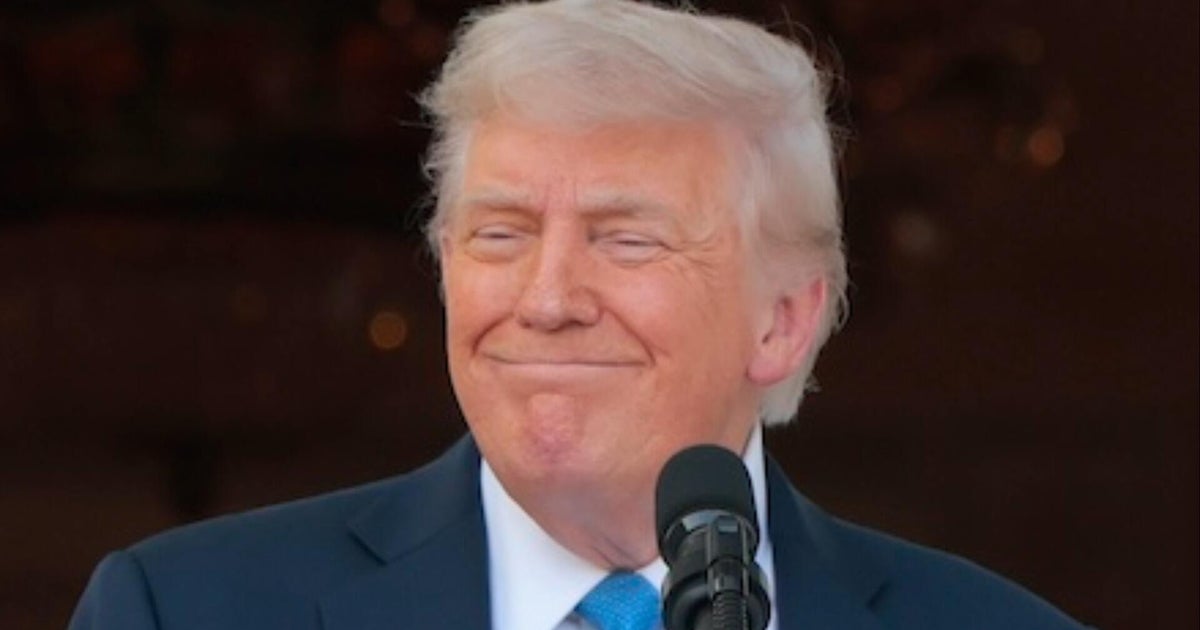- The Morning Post
- Posts
- Iran’s Secret Backchannel, Trump’s Court Victory & GDP Crash
Iran’s Secret Backchannel, Trump’s Court Victory & GDP Crash

In a surprising twist in US-Iran relations, newly unearthed details reveal clandestine diplomatic efforts aimed at restarting negotiations. The Trump administration is reportedly exploring a substantial $30 billion investment plan to help Iran establish a civilian nuclear program, conditional on halting uranium enrichment.
Despite recent military tensions, including strikes from both the US and Israel, dialogues are ongoing, with key regional allies like Qatar mediating. Proposals under consideration also include easing sanctions and unlocking $6 billion in Iranian funds.
Special envoy Steve Witkoff has emphasized a desire for a "comprehensive peace agreement," aiming to curb Iran's nuclear ambitions while allowing for civilian energy development. As discussions evolve, the US's stance remains clear: no negotiations without full compliance on enrichment.
However, amidst the geopolitical turmoil, uncertainty looms over whether these diplomatic maneuvers will yield any tangible results.
In a dramatic turn of events, President Trump has announced the termination of trade talks with Canada, threatening new tariffs in response to Canada's digital services tax, which he labeled a "blatant attack." Just hours before this announcement, optimism was building as the U.S. and China solidified a tariff truce, with plans for a formal deal following their earlier negotiations in Geneva.
U.S tariffs on Chinese imports will start at 30%, while China will set theirs at 10%. Meanwhile, other trading partners, including the EU and Japan, are racing against a July 9 deadline to secure agreements and avoid steep penalties.
Amidst the tumult, Treasury Secretary Scott Bessent expressed confidence that significant trade deals could be finalized by Labor Day, signaling potential shifts in economic dynamics both domestically and internationally. The surge in tensions and negotiations underscores the complex landscape of global trade as leaders scramble to navigate Trump’s aggressive tariff strategy.

In a landmark decision, the US Supreme Court delivered a major victory for President Trump by ruling that district judges cannot impose nationwide bans on his executive orders, including his controversial directive on birthright citizenship. This 6-3 ruling asserts that only Congress holds the authority to impose such blanket injunctions, a win that Trump and Attorney General Pam Bondi hailed as a "giant victory.
" The decision pivots around Trump's proposal to strip automatic citizenship from children born in the US to undocumented immigrants—a measure that critics warn could deny over 150,000 babies their citizenship annually. While the court has affirmed the president's power to issue executive orders, it left the door open regarding the potential unconstitutionality of his birthright citizenship policy, suggesting this contentious issue may resurface in future sessions.
As the political landscape shifts, the ruling underscores the ongoing battles over immigration and judicial authority in America.

In a landmark decision, the U.S Supreme Court upheld a Texas law mandating age verification for pornography websites, ensuring that minors are shielded from explicit content. The ruling, delivered by Justice Clarence Thomas, concluded that the law is a valid exercise of state authority and doesn't infringe on First Amendment rights, as it doesn't ban adult access but rather requires age verification.
Dissenting Justice Elena Kagan argued for a stricter judicial review, suggesting that the law unnecessarily restricts adults' rights to constitutionally protected speech. This decision highlights the ongoing debate over balancing child protection with free speech, as 18 other states have enacted similar legislation.
The Texas law, passed in 2023, imposes hefty penalties for non-compliance, posing significant implications for website operators. The case illustrates the Supreme Court's critical role in navigating the intersection of technology, law, and social responsibility.

In a stunning display of solidarity, the A-List correspondents of CBS's iconic "60 Minutes" have banded together to demand that Tanya Simon be appointed as the next executive producer. Lesley Stahl, Scott Pelley, Anderson Cooper, and their colleagues have expressed their strong support for Simon, who has served as interim executive producer since Bill Owens' departure in April.
Their letter to Paramount co-CEO George Cheeks remains unanswered, and insiders warn of potential "revolt" if their wishes are overlooked. The stakes are high as the network navigates a dicey landscape involving high-profile lawsuits and internal tensions with Paramount's management.
There's speculation that the outcome could influence the correspondents' future with the show, making Simon's leadership pivotal in maintaining the program's credibility and talent. As power dynamics shift amid CBS's corporate politics, eyes are keenly watching how these developments unfold.

In a surprising turn of events, the U.S economy shrank by 0.5% in the first quarter, according to the latest report from the Commerce Department.
This decline, more severe than initial estimates of a 0.2% drop, marks the first contraction since early 2021, following a 2.
4% growth at the end of 2024. The economic downturn has been attributed in part to President Trump's import tariffs, which spurred a rush among American consumers and businesses to stock up on foreign goods, leading to a drastic 37.
9% surge in imports. As consumer confidence dips, with the Conference Board noting a fall in the economic outlook among Americans, the report serves as a potential warning about future economic woes.
However, economists anticipate a rebound with projections of 3% growth in the next quarter, raising hopes for a brighter economic landscape.

In a decisive move, the Supreme Court has ruled in favor of the Trump administration, which paves the way for the continuation of birthright citizenship and other key policies. By limiting the use of nationwide injunctions, this ruling significantly curtails the authority of federal judges to block initiatives from both Republican and Democratic administrations.
This shift could have far-reaching implications for immigration and various administrative policies moving forward. Analysts like Stephen Spaulding from the Brennan Center for Justice weigh in on the potential effects of this decision, predicting a new era of governance where executive power is bolstered.
As Trump prepares to implement these changes, the political landscape may shift dramatically, with both supporters and critics closely watching the unfolding developments. Stay tuned for more updates on how this ruling will influence the future of U.S.
Spread the word!
Don’t keep us a secret, forward this email to your friends.
Thanks for reading Morning Post Online! Subscribe for free to receive latest news and support our work.